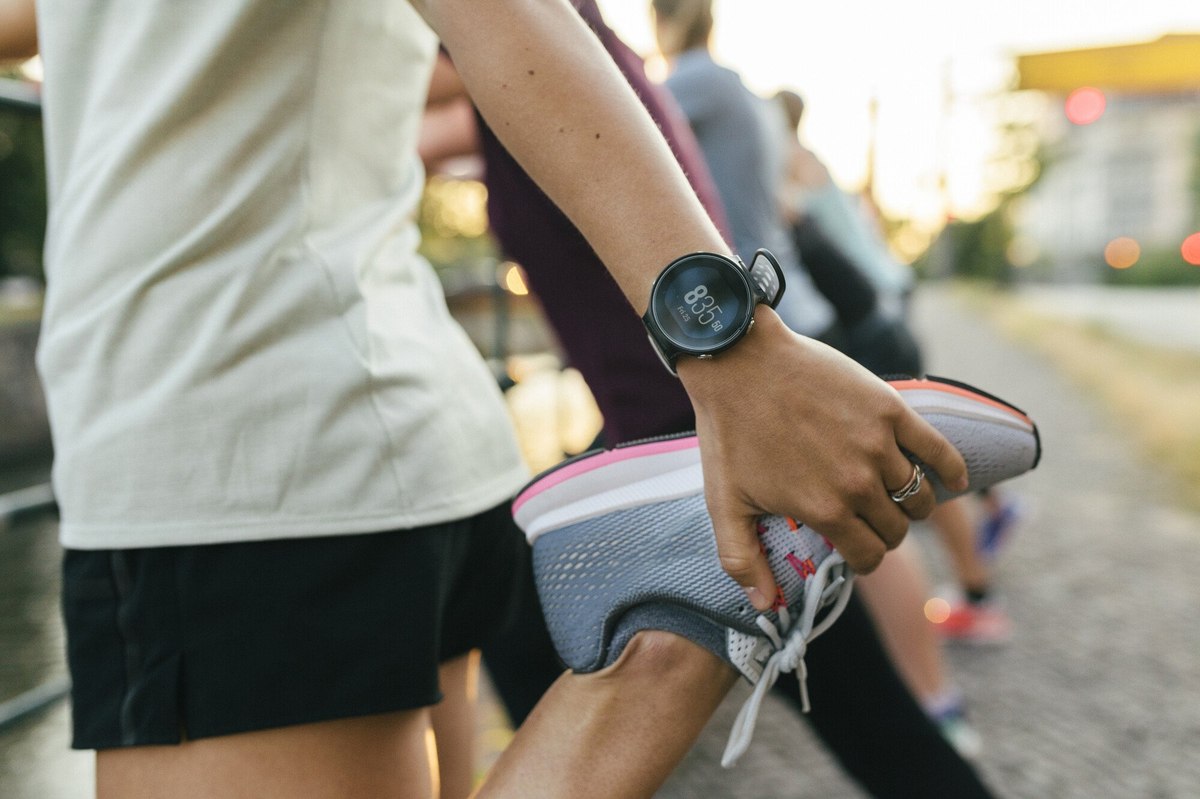
Americans embrace self-monitoring: A look at app-based health tracking habits
With smartphones and wearables, consumers now have more control over a wealth of data about their bodies and overall well-being.
A new YouGov survey conducted among more than 1,000 US adults reveals a strong national appetite for self-monitoring, with a significant portion of the population actively tracking, or having previously tracked, various health aspects. Notably, two-thirds (66%) of respondents reported tracking at least one health metric before using an app or device.
What are Americans tracking?
The data sheds light on the types of health information that people are most likely to be tracking:
- Exercise: Leading all types of app-based health tracking is exercise, with 35% of respondents indicating they monitor aspects like step count or calorie expenditure.
- Blood pressure & heart rate: Rounding out the top three most-tracked forms of health are blood pressure and heart rate, both tracked by 29% of respondents.
- Weight management & sleep: Weight or diet (including meals and calorie intake) is tracked by over a quarter of US adults (27%). A similar proportion of people say they track their sleep (24%).
Beyond these core areas, the survey reveals interest in tracking water intake (16%), sexual activity (7%), and even bowel movements (6%).
Age and gender divide in tracking habits
Young adults (18-34) are more likely to be tracking their health in general, with a particular focus on areas like menstrual cycles, sexual activity, water intake, sleep, and bowel movements compared to the overall population. This focus on a broader range of health metrics could be due to a heightened awareness of overall well-being or a comfort level with using technology for personal health management.
Men (33%) and adults aged 55 (35%) and over are more likely to track blood pressure than other demographics, aligning with the increased risk of cardiovascular issues as people age.
Women are more likely to say they’re tracking exercise compared to men (38% vs. 32%). Additionally, young women (18-34) are especially likely to be tracking their menstrual cycles compared to women overall (37% vs. 22%).
Find out more about YouGov’s health-tracking survey
Methodology
YouGov Surveys: Serviced provide quick survey results from nationally representative or targeted audiences in multiple markets. This study was conducted online on March 14-15, 2024, with a nationally representative sample of 1,181 adults (aged 18+ years) in the US, using a questionnaire designed by YouGov. Data figures have been weighted by age, race, gender, education, and region to be representative of all adults in the US (18 years or older), and reflect the latest population estimates from the Census Bureau’s American Community Survey. Learn more about YouGov Surveys: Serviced.